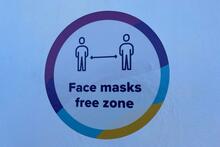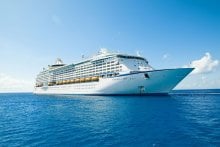The U.S. Centers for Disease Control and Prevention (CDC) announced the manner for cruise lines to transition away from the Conditional Sailing Order (CSO) once it expires.
The CDC promised its CSO will move to a voluntary program when it expires on January 15, 2022. When it does, cruise lines can continue being part of the program if they so choose.
As reported first by Seatrade Cruise News, by volunteering to be a part of the program, cruise lines will follow all the CDC recommendations and guidance, and cruise ships will continue to receive a color status from the CDC.
Cruise lines that do not opt-in will have their color status to gray on the CDC website, which means the agency has neither reviewed nor confirmed their health and safety protocols. These gray-color coded ships will be subject to other CDC orders and regulations to the same extent as other vessels subject to US jurisdiction.
The CDC is asking cruise lines to opt in by January 21, 2022.
Changes to the voluntary program
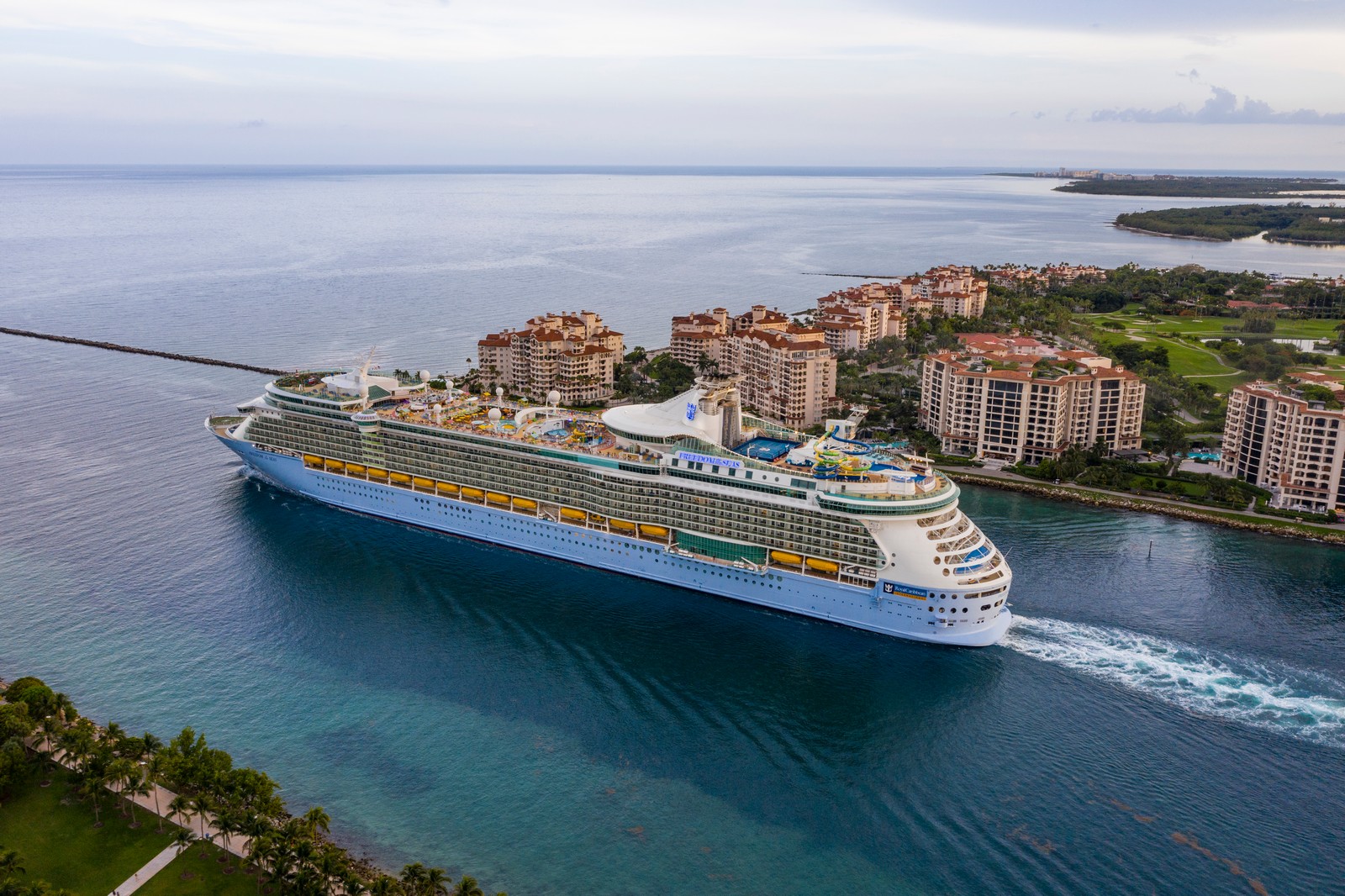
Under the voluntary program, the CDC is relaxing certain aspects of its monitoring.
The threshold for CDC investigation will go from 0.1% passenger cases or one or more crew cases to 0.3% of passengers and/or crew. The definition of yellow, orange, and red status will be updated to reflect the higher threshold.
The CDC will also eliminate the need to conduct test cruises (simulated voyages), along with the conditional sailing certificate application process.
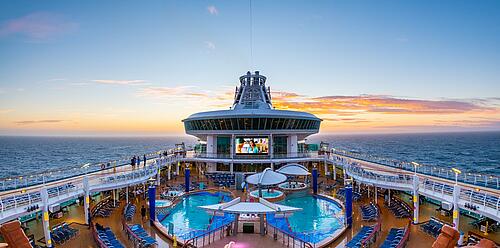
Other changes the CDC has made include:
- Testing requirements will continue, and ships with at least 95% of fully vaccinated crew and passengers may continue to reduce or eliminate certain public health measures onboard, such as mask use and physical distancing.
- Self-service beverage stations will continue to be allowed regardless of onboard vaccination status
- Self-service food operations will begin to be allowed
- Negative air pressure for quarantine cabins will not be required — these cabins must still be in a separate HVAC zone.
- Isolation cabins must still have negative air pressure.
- Port agreements between US port and local health authorities will still be needed.
- CDC will continue to conduct routine unannounced inspections and announced outbreak investigations.
Seatrade reports the CDC will update their website on January 14 with the new program details.
Masks
The CDC will still require cruise ships to wear masks onboard ships, regardless of if the lines opt-into the voluntary program or not.
CDC Director: 'the industry has stepped up'
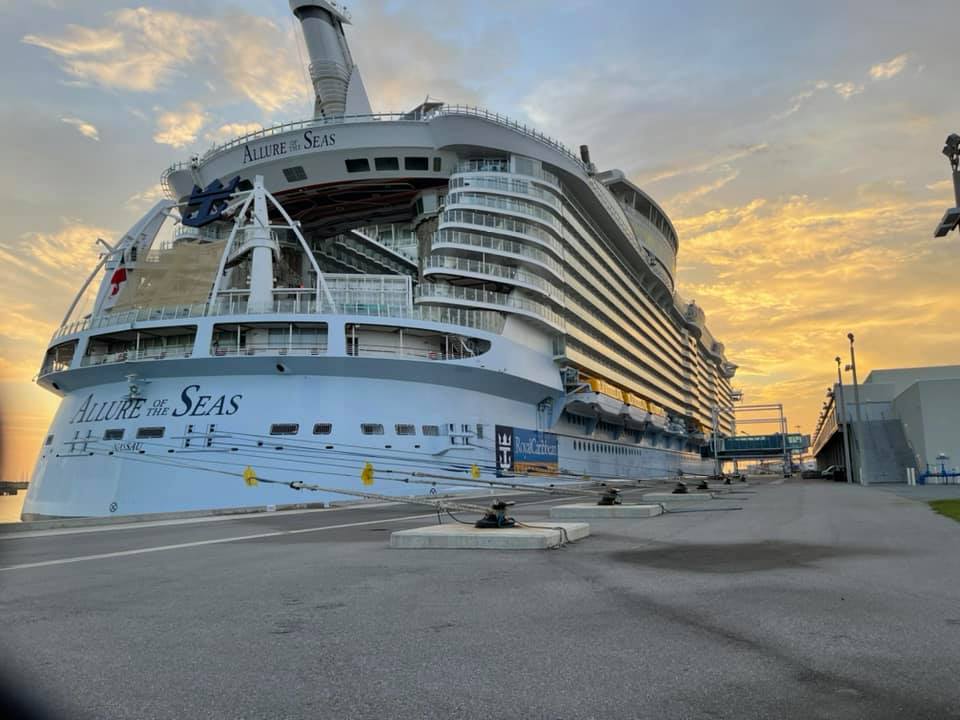
CDC Director Dr. Rochelle Walensky told Congress yesterday she was pleased with what the cruise lines are doing under the CSO.
"I think the Conditional Sailing Order and the fact that the industry has stepped up and is now interested in doing and exceeding... the the compliance with the sail order without the order even necessarily needing to be in place, as is a real testimony to how well that has worked and how we've worked collaboratively with the industry."
Moreover, Dr. Walensky believes cruise lines will opt-into this voluntary program, "the cruise ship industries will continue to understand that this is a really safe practice for those industries."
Cruise industry reaction
Following the CDC's announcement, here is the official statement by the the Cruise Line Industry Association (CLIA):
Today’s announcement by the CDC regarding the planned transition of the Conditional Sailing Order (CSO) to a voluntary program recognizes the cruise industry’s unwavering commitment to providing some of the highest levels of COVID-19 mitigation found in any industry. Cruise is the only segment of travel and tourism that requires, prior to embarkation for both passengers and crew, exceedingly high levels of vaccination (approaching 100% compared to only 63% of the U.S. population) and 100% testing of every individual (21 times the rate of the U.S. on land).
When cases are identified as a result of the high-frequency of testing onboard, cruise ship protocols help to maximize onboard containment with rapid response procedures designed to safeguard all other guests and crew as well as the communities that the ships visit.
Further, cruise is the only sector that continuously monitors, collects, and reports case information directly to the CDC.
Given this oversight and the uniquely high vaccination rate required on board, the incidence of serious illness is dramatically lower than on land, and hospitalizations have been extraordinarily rare even during a time landside hospitalizations are peaking. CLIA ocean-going cruise line members will continue to be guided by the science and the principle of putting people first, with proven measures that are adapted as conditions warrant to protect the health of cruise passengers, crewmembers, and destinations.


